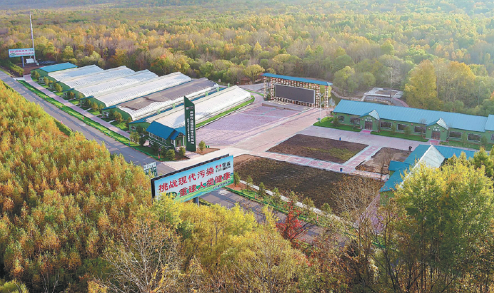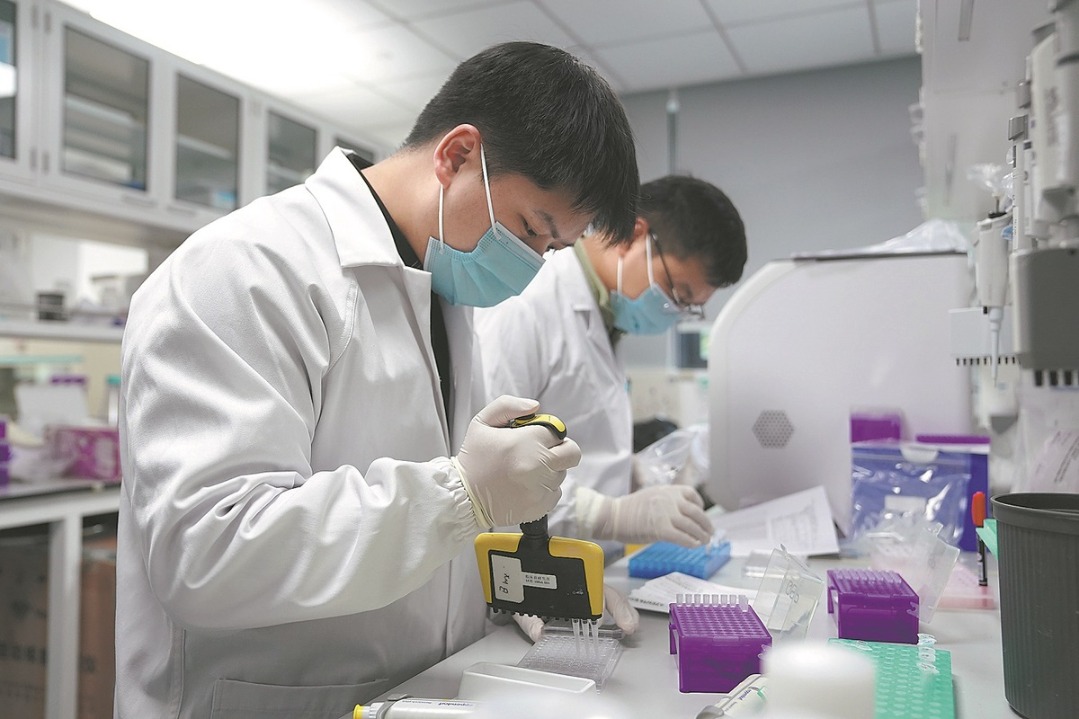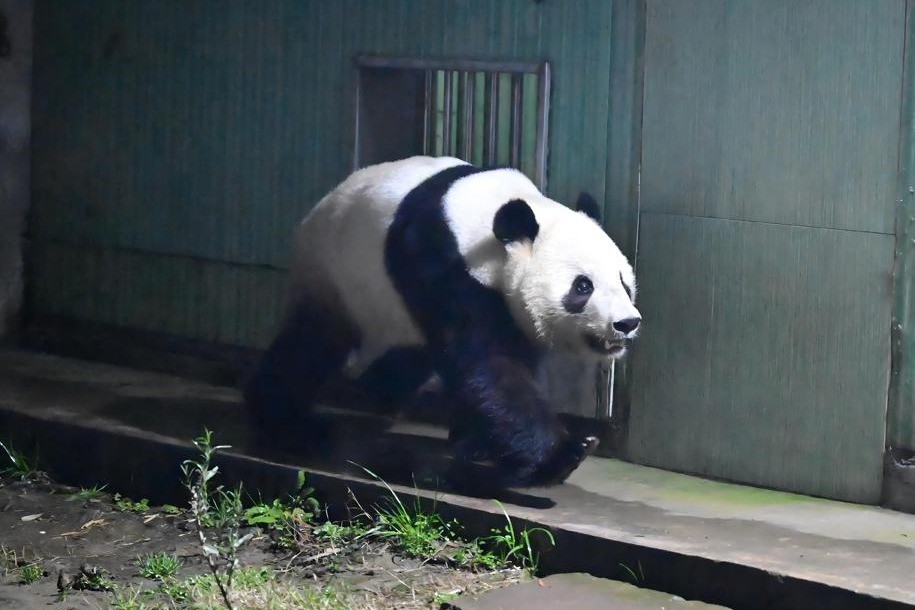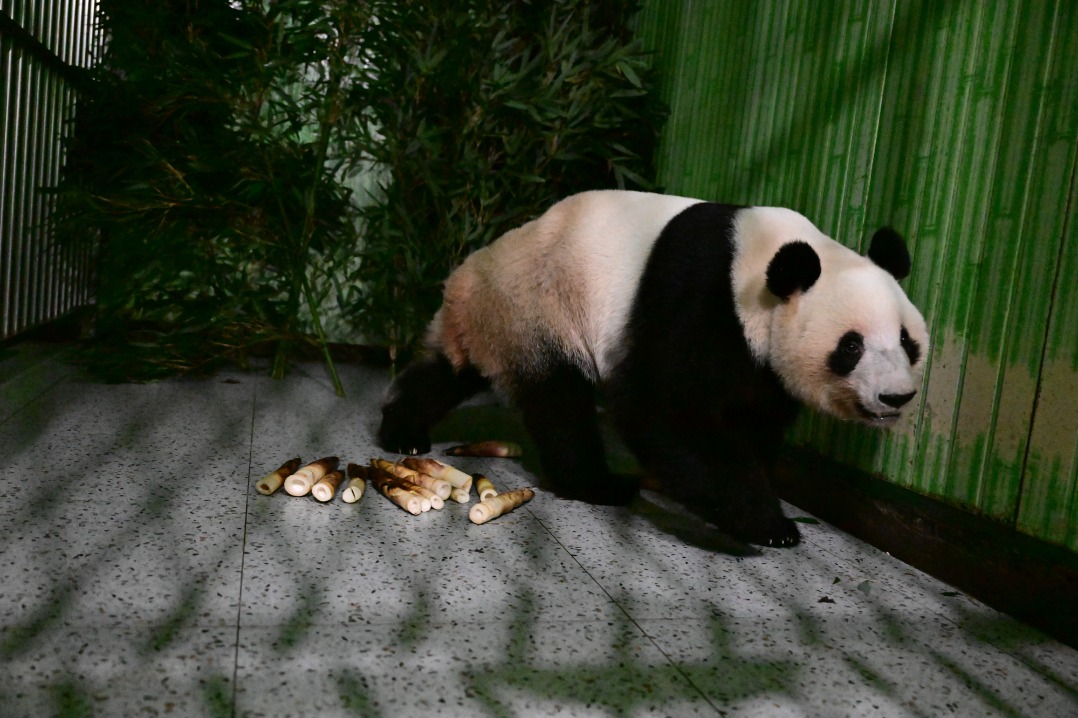Pig Palace: Where little goes to waste


Pork problems
The problem of pig waste is international, and solutions vary. In the state of Utah in the United States, for example, a subsidiary of Smithfield Foods - the largest producer of pork in the US, which is owned by WH Group of China - keeps about 500,000 pigs in a remote area.
Because the pigs produce three times as much excrement as humans, those half-million animals generate more waste than 1.5 million of their two-legged counterparts.
Pollution is being addressed by capturing the methane gas from pig waste and converting it to biofuel that generates electricity - initially enough to power approximately 3,000 homes. Expansion is expected.
The lead company on the project, Alpental Energy Partners, estimated it could produce 25 million kilowatt hours a year by operating round the clock. But it had to ensure that liquefied manure's methane, a harmful greenhouse gas, would neither contaminate groundwater nor degrade air quality.
Free to roam
In China, food safety has become a major concern, said Wang, the operations director in Harbin.
"Pigs raised in eco-friendly houses are cleaner, disease-free and drug-free," he said. "Unlike those on traditional farms, our pigs are fed only vegetables - a powdery mixture that includes soybeans and beneficial bacteria.
"Beneficial bacteria added to the fermentation beds can dramatically reduce the rates of disease, thereby avoiding antibiotics. That eases consumers' worries about antibiotic residues in pork."
A pig goes from birth to market in about 10 months, he said, noting that the low density of pigs in the greenhouses allows them to run freely, which helps them grow in a healthy way.
That's in contrast to conventional industrial-scale pig raising globally, which has been criticized as uncomfortable and even cruel to the animals.
Side business
In a quirky business sideline offered at the Harbin base, consumers who want to experience a bit of rural life and develop a personal relationship with their food, can adopt a piglet by paying a fee of 4,380 yuan. Ten months later, the adult hog can be taken to a butcher shop and turned into sausage, bacon, pork chops, ribs or other products.
"It satisfies some people's appetite for a farm connection," Wang said, adding that more than 50 piglets were adopted by people in Harbin, Beijing and Qingdao, Shandong province, last year. Besides the high-grade pork, they get a delicious sense of doing the right thing for the environment.
- China, Philippines to keep talks open on maritime affairs
- AI governance tops China’s 2025 technology buzzwords list
- China-Swiss exhibition on green construction opens
- China says navy, coast guard are peace guardians
- Hunan scholar donates 104 artifacts documenting Japanese aggression
- Beijing approves first foundational and comprehensive regulation on elderly care





































